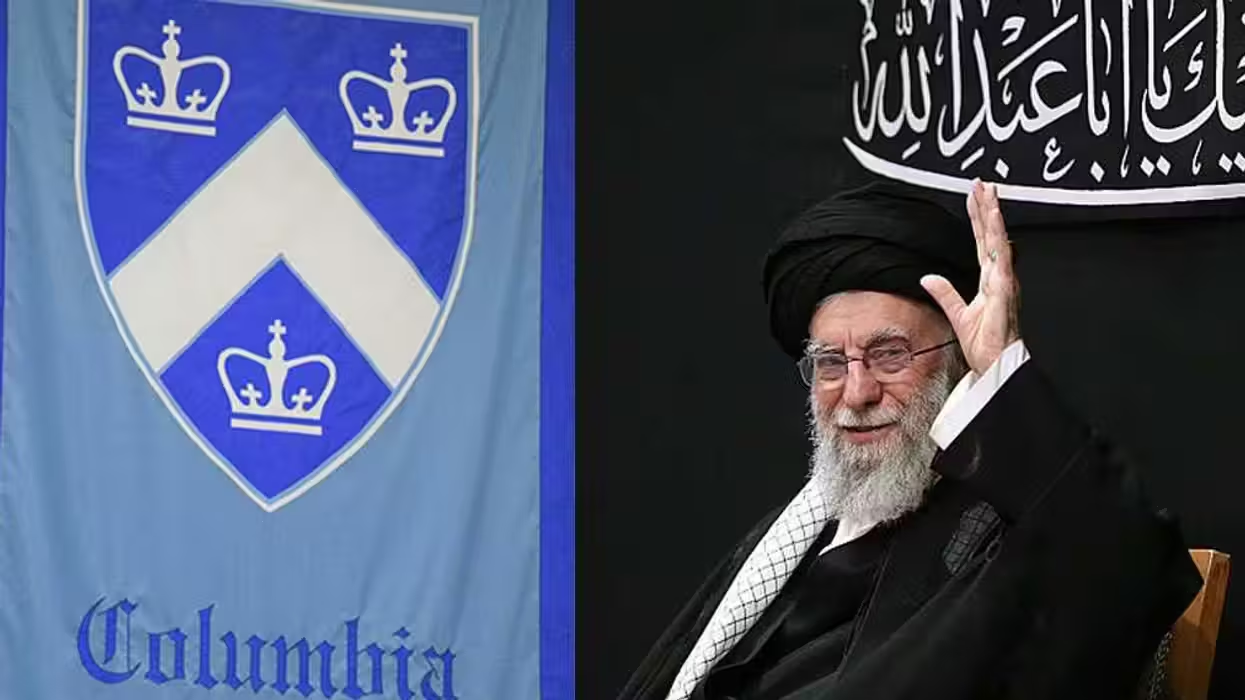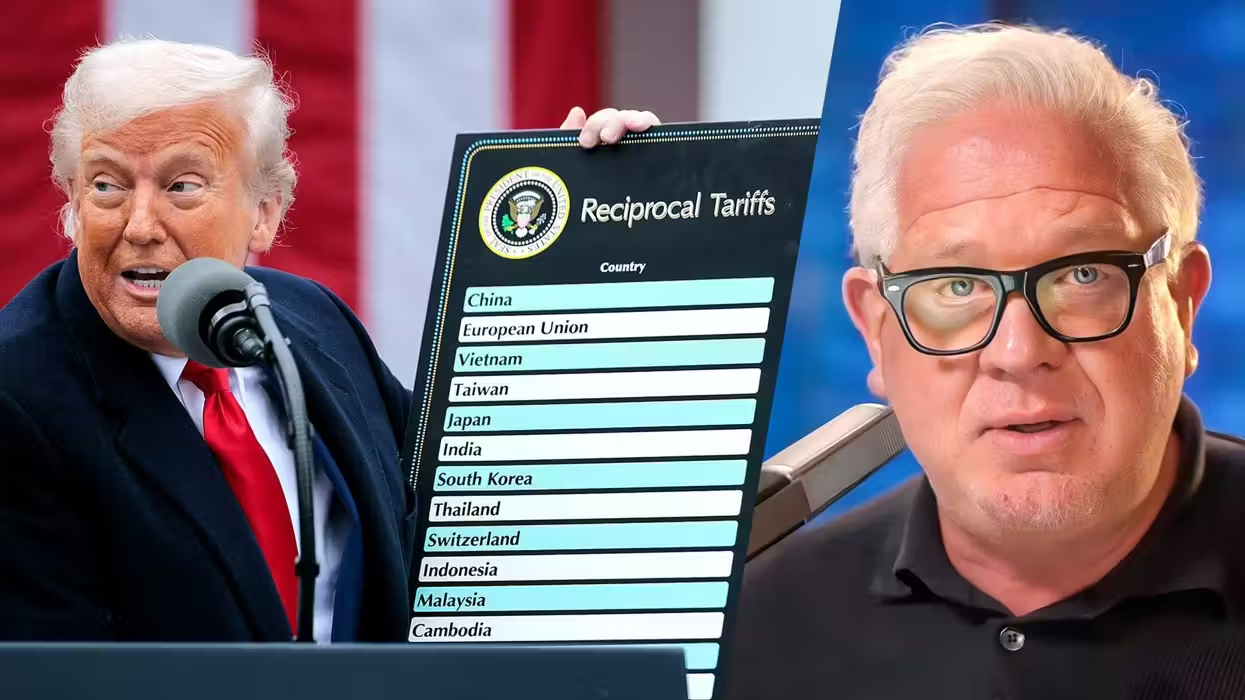The editor of the New York Review of Books — called "the premier literary-intellectual magazine in the English language" — left his position Wednesday after backlash over an essay by a "disgraced Canadian radio broadcaster" acquitted of sexual assault, the New York Times reported.
“Ian Buruma is no longer the editor of the New York Review of Books,” Nicholas During, a publicist for the magazine, wrote in an email, the Times said, which added the magazine didn't say if Buruma resigned or was fired.
What's the background?
In the essay titled, "Reflections from a Hashtag" — a reference to women calling out their sexual abusers using #MeToo — Jian Ghomeshi wrote that "there has indeed been enough humiliation for a lifetime. I cannot just move to another town and reboot with a pseudonym. I’m constantly competing with a villainous version of myself online. This is the power of a contemporary mass shaming."
But once Ghomeshi's essay was published online Friday — it will hit newsstands Oct. 11 — reaction was furious, the Times said. Critics charged that his NYRB piece carried a "self-pitying tone" and downplayed the accusations — which included slapping and choking and came from over 20 women, as opposed to the "several" people Ghomeshi noted in his essay, the paper reported.
He was acquitted of charges in 2016 after a judge said that three women who testified against him altered their stories or failed to reveal information to police.
The Times reported Wednesday that a note was added to the top of "Reflections from a Hashtag" that said the essay "should have included acknowledgment of the serious nature and number of allegations that had been made against the writer, Jian Ghomeshi,” after which some accusations were listed.
Attempts to reach Ghomeshi and Buruma for comment were unsuccessful, the Times said.
Buruma — who said the essay is part of a thematic package focusing on those convicted of sexual assault via social media rather than in court — was slammed after he gave an interview that left some with the impression he wasn't interested in the accusations against Ghomeshi, the paper reported.
'I’m no judge of the rights and wrongs of every allegation'
"I’m no judge of the rights and wrongs of every allegation. How can I be?" Buruma asked in an interview with Slate shortly after the essay's publication. "All I know is that in a court of law he was acquitted, and there is no proof he committed a crime. The exact nature of his behavior — how much consent was involved — I have no idea, nor is it really my concern."
Buruma also defended publishing the Ghomeshi piece in the Slate interview, saying that while “not everyone agreed” with the decision, the staff “stuck together,” the Times reported.
More from the Times:
The Slate interview drew detractors even from within The Review’s own ranks. In a series of tweets, Amia Srinivasan, a contributor to the magazine and a lecturer at University College London, slammed Mr. Buruma for saying Mr. Ghomeshi’s behavior was not his concern, and for his assertion that the Ghomeshi piece had the office’s support. “Top-down decision-making often feels this way to those in power,” she wrote. “Feel free to consider this a complaint.”
But the reaction was not uniform. Laura Kipnis, also a contributor, said that the Review had a history of publishing “tough, controversial pieces” that did not kowtow to public opinion, and she lamented that doing so had cost Mr. Buruma his job.
Kipnis added to the paper that Ghomeshi getting space in the New York Review of Books doesn't equate to some sort of literary exoneration: “It’s hearing what somebody has to say in the position of suddenly being exiled from social life, and sentenced to a nonexistence."
She also told the Times that Buruma's subsequent departure had a chilling effect on the magazine: “People are terrified to get caught in a Twitter storm. And if they say they support Ian, it’s easy for someone to say, ‘There’s someone who doesn’t care about sexual assault.’”
What else did Ghomeshi have to say?
Ghomeshi noted in his piece that he "spent almost four years reflecting on my relations with women I dated," but despite feeling "deep remorse about how I treated some people in my life, I cannot confess to the accusations that are inaccurate. What I do confess is that I was emotionally thoughtless in the way I treated those I dated and tried to date."
He added that he was "demanding on dates and in personal affairs. I would keep lobbying for what I wanted. I was critical and dismissive. Some women I cared about went along with things I wanted to avoid my disappointment or moods. I ought to have been more respectful and responsive with the women in my life. To them I say, you deserved much better from me."
More from Ghomeshi's essay:
I craved the interest of women. Dating and having sex became another measure of status. When a well-known fellow broadcaster saw me with a twenty-something date at a film festival event in Toronto around 2006 (I was then thirty-nine), he left a voicemail saying, “Dude, you are the king!” That memory is mortifying now, but at the time I basked in his praise and wanted more. He’d never called me before and never mentioned my work; the real message was that the women I was with were the true gauge of success.
Near the end of his essay, Ghomeshi noted "with all of this, I am moving toward what might be seen as a trite point: we learn from our mistakes."







